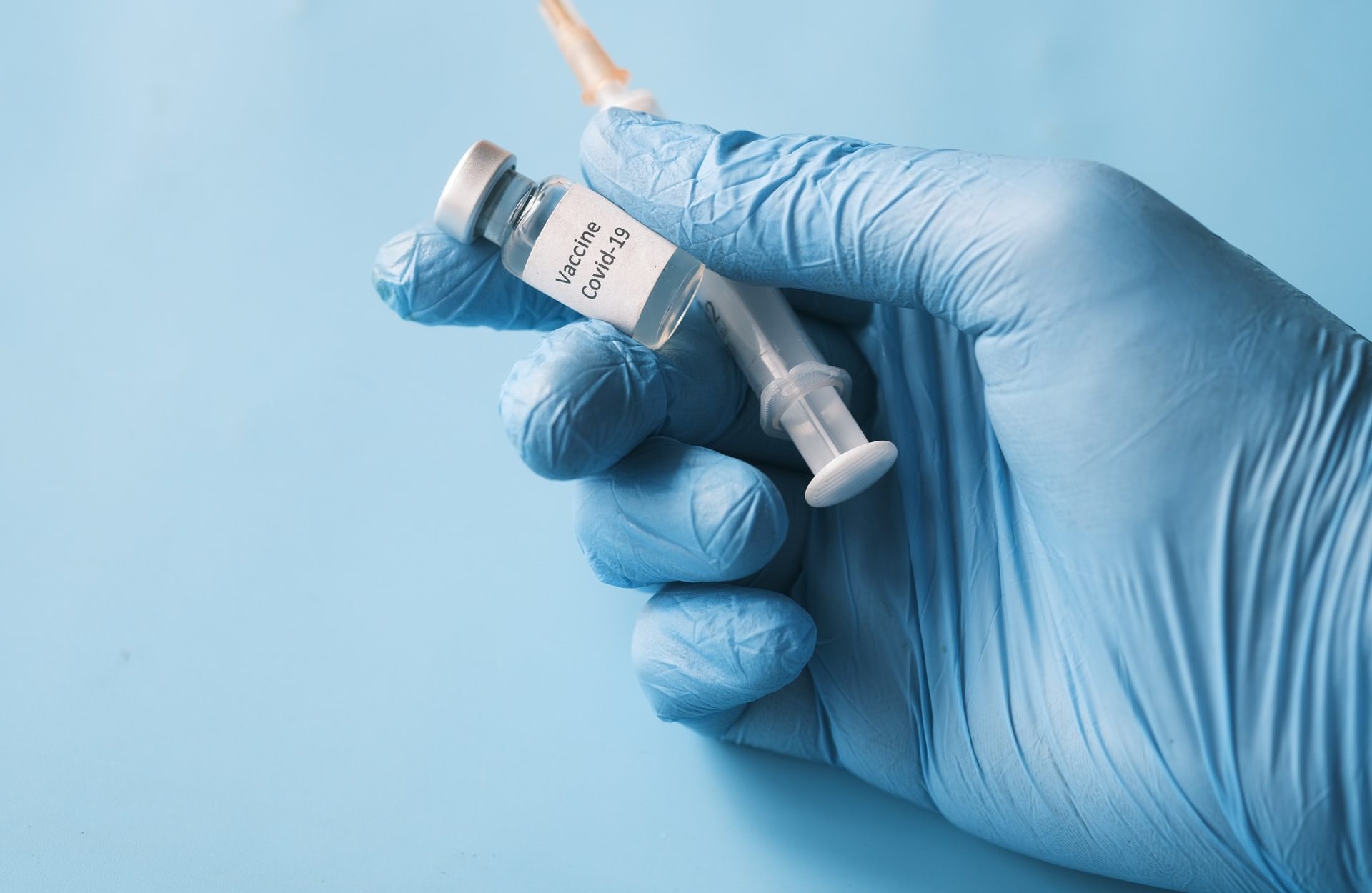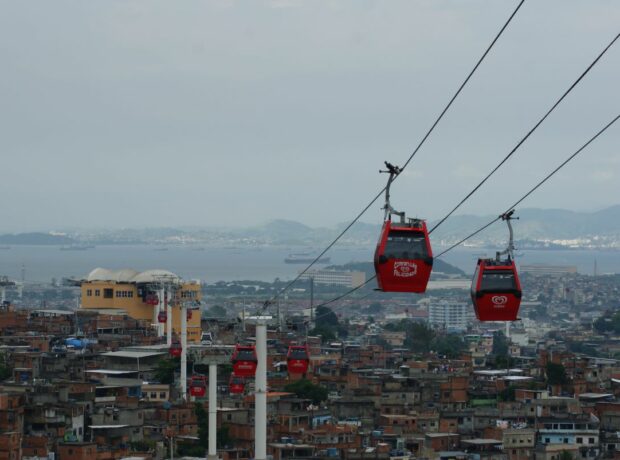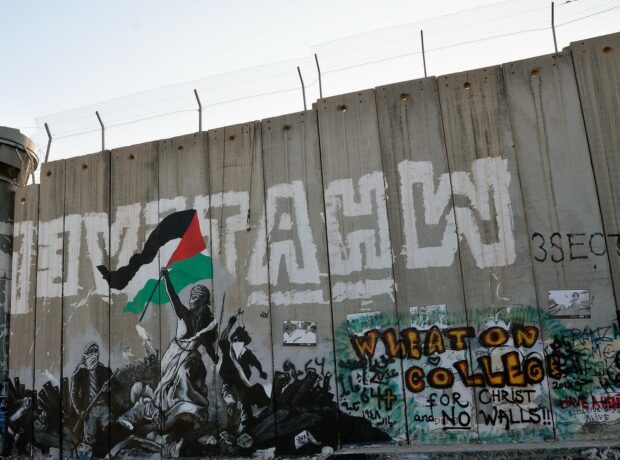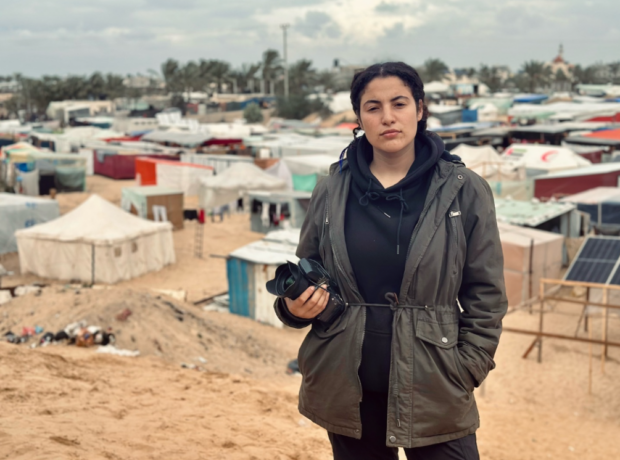A new three-part podcast about COVID-19 vaccines asks how our response to the pandemic could be more equitable.
This first episode of A Shot In The Dark investigates the global inequities in rolling out vaccines in a pandemic context. Belinda Rawson, from The University of Warwick, asks Dr Katrina Perehudoff, a health scientist and legal scholar with over a decade of experience in pharmaceutical policy, whether nation-states have an obligation to help other states in a global health crisis, what measures global health institutions have taken to improve vaccine equity throughout the Covid-19 pandemic, and what can be done to improve global vaccines policy going forward.
A Shot In The Dark: A COVID-19 Vaccines Podcast · Episode 1 – Global Health Equity: How could we make vaccine access fairer?
Vaccines are bought and sold on the global market according to international trade law and the forces of supply and demand, which enables vaccine nationalism and vaccine apartheid to take root, where wealthy governments can stand at the front of the distribution line and poor governments lack the purchasing power for sufficient supplies.
Vaccine nationalism is really the opposite of a human rights response or a moral and ethical response. But it also goes against our own self-interest. We need to end this pandemic worldwide so that we can safely open up trade and travel routes.
This first episode asks how states could work together to find a more equitable solution for global vaccine distribution and questions what role pharmaceutical companies could play.
The next episode focuses on at-risk people, asking why they have been neglected. And the final instalment of the series elevates the voices of younger people, including medical students.
Find out more here and listen on SoundCloud here.
Read more:
- Coronavirus is affecting the well-being of people with intellectual disabilities
- Finding the right words: Translating the Covid-19 pandemic in Rohingya refugee camps
- Life under lockdown in East Germany
Main image by Towfiqu barbhuiya.



